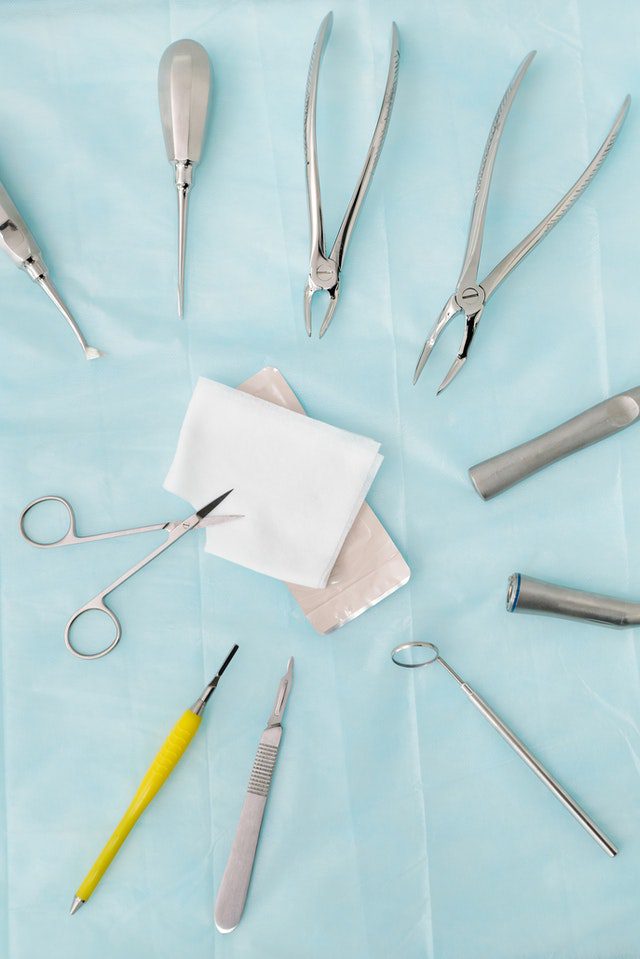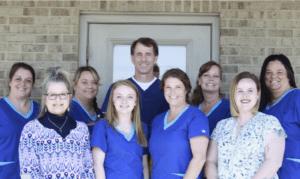When people discuss maxillofacial surgeons, you’re likely hearing about them in the context of dental surgeons who specialize in reconstructing the jaw and mouth, among other areas of the face. But did you know that, for example, they can treat conditions like salivary gland disorders?
With enough years of practice, most maxillofacial surgeons are well-versed in treating a variety of conditionsthat you wouldn’t ever think of. Here are a handful of not-so-common conditions your local maxillofacial surgeon can treat.
Sleep Apnea
Most people wouldn’t think the maxillofacial surgeon down the road from them can treat sleep apnea, but they’d be wrong. Sleep apnea is a common sleeping disorder where there are periods of breathing that is interrupted when the throat muscles relax and prevent air from entering the lungs. People with sleep apnea experience poor sleep quality, increased daytime drowsiness, headaches, and difficulty concentrating as a result of the interruptions in the sleep cycle. Most people with sleep apnea end up getting a CPAP machine to provide constant oxygen while asleep.
Skilled oral surgeons that treat mouth problems can also intervene with oral appliances or surgical intervention that focus on the anatomical issues that lead to sleep apnea. The following oral appliances are commonly used in treating sleep apnea:
- Mandibular advancement devices (MADs) – These are custom devices that slide over the upper and lower teeth, shifting the lower jaw forward which opens up the airway.
- Tongue retaining devices (TRDs) – As the name implies, a TRD holds the tongue in place, preventing it from collapsing backwards and blocking the throat in the first place.
Oral surgeons familiar with treating mouth conditions like sleep apnea might also suggest surgery to fix the issue. There are a few treatments that dental surgeons specializing in maxillofacial procedures can perform to fix sleep apnea and restore patients’ quality of sleep:
- Uvulopalatopharyngoplasty (UPPP) – Look, we’ll be honest with you—we can barely pronounce this either. This procedure reduces the size of a patient’s uvula, tonsils, and soft palate to open the airway more.
- Maxillomandibular advancement surgery (MMA) – If the patient’s jaw structure is what’s causing sleep apnea, this surgery reconstructs and moves the jaw forward which also opens the airway.
- Hyoid suspension – A hyoid is a small bone located in the neck, and this surgery suspends that bone which opens the airways to the lungs.
The most appropriate treatment for sleep apnea really comes down to the patient’s unique situation and anatomy. An oral surgeon who performs mouth reconstruction surgeries is able to evaluate a patient’s specific needs and offer the best treatment option for them.
Temporomandibular Joint Disorders
There is without doubt maxillofacial surgeons in your area who treat jaw conditions like temporomandibular joint disorder (TMJ). It’s something you don’t hear a ton about—maybe you have a friend or relative who has it. The temporomandibular joint connects the lower jaw to the skull, and this disorder occurs when the joint is misaligned, damaged, or inflamed. People with TMJ experience the following conditions as a result:
- Jaw pain
- Limited jaw movement
- Clicking and popping noises when opening and closing the mouth
- Headaches
- Earaches
- Facial pain
Dental surgeons specialized in treating jaw disorders easily diagnose TMJ through physical examinations and x-rays that show the jaw and surrounding areas. Treatments differ based on the severity of the TMJ disorder, and a specialist will recommend either surgical or non-surgical options. Non-surgical options like splints or physical therapy to improve the jaw’s mobility and manage pain are common forms of treatment for minor cases.
A maxillofacial surgeon who provides care for TMJ might recommend surgical procedures in more serious cases. In these scenarios, they’ll usually provide an arthroscopy or open joint surgery to repair and restore damaged sections of the temporomandibular joint and anything contributing to the disorder.
Other Conditions Treated by Maxillofacial Surgeons
Conditions like facial paralysis, craniofacial anomalies, and salivary gland disorders are just a few of the other conditions that your local oral surgeon is qualified to treat.
- Facial paralysis – this is treated via nerve grafting or muscle transfers to replace the damaged facial nerve causing the paralysis.
- Craniofacial anomalies – Maxillofacial surgeons treat craniofacial defects through cleft and lip palate and craniosynostosis repair.
- Salivary gland disorders – saliva is essential for digestion and even your oral health. Infections, tumors, and salivary stones are removed via surgical procedures, restoring normal function of the glands.
Maxillofacial surgery’s scope extends way beyond what people think of when they imagine jaw and facial procedures. It’s a highly-specialized field with highly-specialized oral healthcare surgeons who are familiar with the anatomy of the neck up and can provide innovative solutions to common health conditions.








